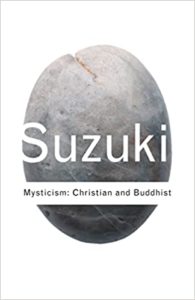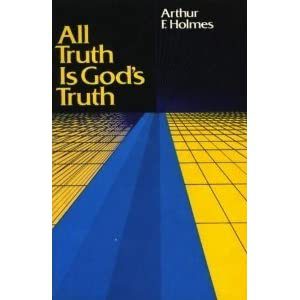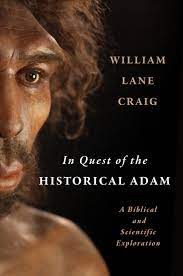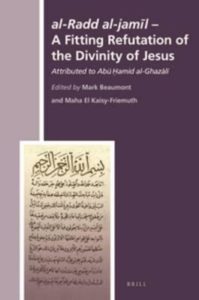
Bonhoeffer’s emphasis on the cross as evidence of the love of God which engages with the suffering of the world head-on provides a decisive answer to the Buddhist allegation that Christianity is a world-negating religion. Daisetz Teitaro Suzuki claims that the cruelty surrounding the crucifixion of Christ negates the simple realities of this life and does not compare well with the Buddhist sense of peaceful transition from this life to the next.
Christian symbolism has much to do with the suffering of man. The crucifixion is the climax of all suffering. Buddhists also speak much about suffering and its climax of all suffering is the Buddha serenely sitting under the Bodhi tree by the river Niranjana. Christ carries his suffering to the end of his earthly life whereas Buddha puts an end to it while living and goes on preaching the gospel of enlightenment until he quietly passes away under the twin Sala tree… when Buddha attained his supreme enlightenment, he was in his sitting posture; he was neither attached to nor detached from the earth; he was one with it, he grew out of it, and yet he was not crushed by it./1/ Continue reading “Buddhist (D.T. Suzuki) Critique of the Cross”





